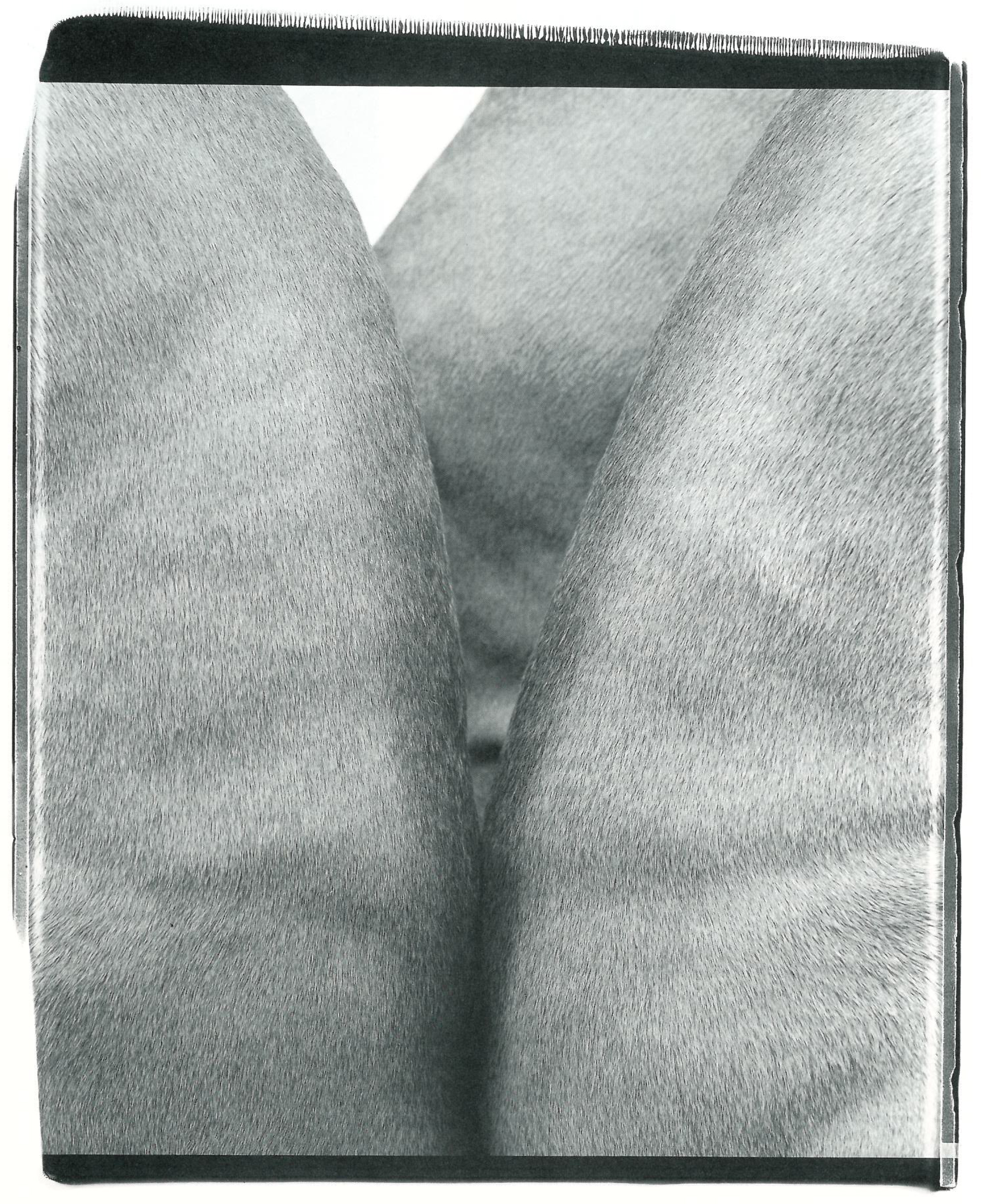
Once, as a Tibetan trader was preparing to leave on his travels, his mother asked him if he would bring her back a relic from India, the land of the Buddha.
“I’m too old to make such a pilgrimage now,” she said.
The son assured his mother that he would find her a holy relic.
But months later, when he returned, he was dismayed to discover that he had completely forgotten his mother’s request. So he promised her that next time he would not be so careless.
But, when he returned from his next trip, he was once again ashamed to find that, what with all his traveling, buying, and selling, the thought of his mother’s request and his promise had slipped his mind.
He vowed he would not be so forgetful again. The following year, when he set out, he was determined to find his mother an especially holy relic.
Time passed. The trader spent busy months buying and selling. At last, pleased with his efforts, off he headed with a train of laden ponies for the mountains of Tibet and home. He left the hot plains behind and rose higher into the mountains. At last, as he was coming through the final pass that led to his village, he remembered—it struck him like a thunderbolt! He had forgotten his mother’s relic for a third time!
Just at that moment he happened to notice a dog’s skull lying by the roadside. The jawbone, with several brownish teeth still attached, was nearby. The trader had an inspiration. He jumped down from his horse and pried loose one small, brownish tooth from the dog’s jawbone. After polishing the tooth on his sleeve, he wrapped it in a piece of fine brocade.
When he got home, he gave the tooth to his mother. He told her that it was an especially sacred relic—a tooth of Sariputra, one of the Buddha’s greatest disciples.
Beside herself with joy, his mother placed the dog’s tooth on the altar and prostrated herself before it again and again.
The next morning the son left to begin selling his goods—spices, silks, and herbs from India—promising to be back within a month. Of course, he planned to find a genuine tooth-relic to replace the dog’s tooth, but in the meantime he had made his mother very happy.
Weeks passed. Then, one day just before nightfall, the son returned. His trading had again been quite successful. But what was this? There were crowds in the courtyard of his house! He slid off his horse, hurriedly tied the ponies, and hurried inside.
Many strange people were inside, neighbors and lamas and strangers—pilgrims, by the look of them. His mother was beaming. “My son!” she cried upon seeing him enter. Then, taking his hands in hers, she said one other word: “Look!”
He looked. There on the altar was a small brownish tooth. It was lying on the piece of brocade in which he had wrapped the dog’s tooth. Beams of light emanated from the tooth and rippled through the crowded room. The trader had never, in all his travels, seen anything like it. It was a holy relic, undoubtedly genuine.
“Mother,” he asked, “where did you find such a relic?”
“Foolish son,” she answered, “modest child! This is the holy relic of the Buddha’s own disciple, Sariputra. You yourself brought it to me!”
The trader went closer and looked again. It was indeed the dog’s tooth after all; of this he could have no doubt. Even as he looked, golden beams of light leapt from the tooth and, shining through the open window, seemed for an instant to touch the most distant stars.
Spontaneously, the trader prostrated himself before the tooth.
So great was the power of the old woman’s faith that, deluded as she was, she had, indeed, turned a dog’s tooth into a holy relic.